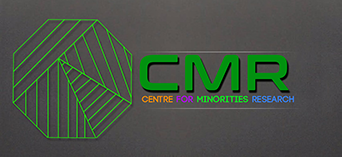Displacement & Humanitarian Intervention Short Course
The Centre for Minorities Research (CMR) is pleased to announce the second Centre-led online course.
A 2-week intensive and bespoke professional development course on Humanitarian Intervention and Displacement, delivered by an interdisciplinary network of leading University of St Andrews experts.
The course is strongly praxis based and consists of workshops, lectures, group work, interactive roleplay and simulations based on real cases.
The course will furnish participants with the latest theoretical and practical perspectives on displacement, aid prioritisation, local responses to disaster-affected populations, medical approaches, epidemics, relief to recovery transitions, and relations between displaced and host nations.
Knowledge of humanitarian intervention and responses to forced displacement (wars, natural disasters, disease outbreaks) is among the most sought-after expertise in the United Nations and global humanitarian organisations, helping towards smooth transitions between displaced and host communities.
Applications are now closed
This course is eligible for funding from the Scottish Funding Council’s (subject to availability & eligibility)
Testimonials from 2023 Short Course Participants
Course Dates
26th February to 8th March 2024
Attendance Online
For 10 days at 2pm to 5pm (GMT)
This course is designed for applicants who have a good level of English. If English is not your first language and you are uncertain what this means, please refer to the global CEFR scale – on this scale, we would be looking for applicants to be at the B2 level. You may also wish to refer to this self-evaluation PDF to help you understand if you are indeed at the B2 level.
Course Programme
26th February 2024
Introduction: Displacement and the Humanitarian Encounter
Dr Stavroula Pipyrou, Department of Social Anthropology, Director of the Centre for Minorities Research
Practical element in discussion
Mr Stephen Gethins, School of International Relations
27th February 2024
Displacement, Legal Identity and Statelessness
Prof Caroline Humfress and Dr Konrad Lawson, School of History
28th February 2024
Understanding China’s approaches to humanitarian intervention and strategic culture
Dr Catherine Jones, School of International Relations
29th February 2024
Displacement, Violence, Trauma and Substance Use Disorders
Prof Alex Baldacchino, School of Medicine
1st March 2024
Child Displacement, Violence, and Humanitarian Intervention
Dr Stavroula Pipyrou, Department of Social Anthropology
Imagining children’s rights, through international law and fiction
PhD Candidate Catherine Mackenzie, School of Modern Languages
4th March 2024
Complicity or Compromise? How the humanitarian identity can navigate the frontiers of power in conflict and complex emergencies.
Dr Alasdair Gordon-Gibson, Graduate School for Interdisciplinary Studies
5th March 2024
Epidemics, Displacement and Humanitarian Action
Prof Christos Lynteris, Department of Social Anthropology
6th March 2024
Hospitality as Peace Building: Identity, Recognition, and the Politics of Openness
Dr Jeffrey Murer, School of International Relations
7th March 2024
Regional Refugee Resettlement: How do Communities and Health Systems Respond?
Prof Frances Quirk, School of Medicine
8th March 2024
Displacement and Female Entrepreneurship
Dr Hannah Dean, School of Management
Speakers
Founding Director of the Centre for Minorities Research, Senior Lecturer in Social Anthropology

Professor of Practice in International Relations
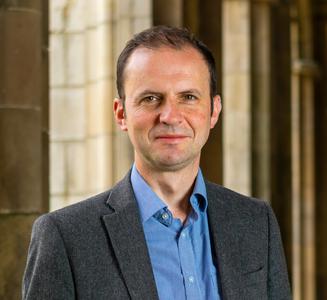
Professor in Medieval History
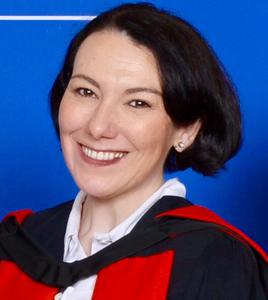
Lecturer in Modern History
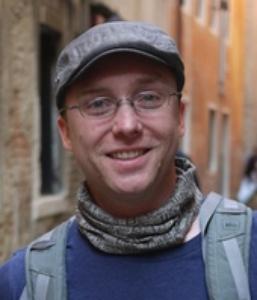
Senior Lecturer in Collective Violence
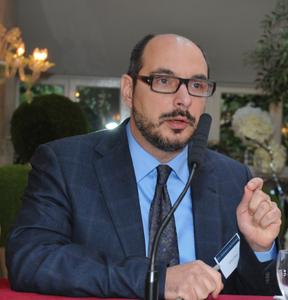
Lecturer in International Relations

Professor of Medical Anthropology
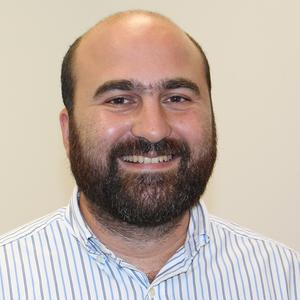
Prof Alexander Mario Baldacchino
Chair in Medicine

Honorary Professor in Medicine

Lecturer in Management

Honorary Lecturer in the Graduate School for Interdisciplinary Studies

PhD Candidate in the School of Modern Languages

Course Fee
£1.500,00
3 hours course each day, from 2pm to 5pm (GMT)
Receive a certificate of attendance from the University of St Andrews
This course is eligible for funding from the Scottish Funding Council’s University Upskilling Fund (subject to availability & eligibility). The University of St Andrews is able to offer a limited number of fully-funded Upskilling scholarships.
To apply for a scholarship, please complete the Upskilling Eligibility Form.
Candidates for scholarships must be:
- resident in Scotland, and one of the following must apply:
- be a UK citizen
- EU citizens: have a settled or pre-settled status
- Other citizens: have a residency permit
- not a University of St Andrews student or staff member.
There are a limited number of scholarships available. These will be allocated by application date. Early application is therefore advised.
Access
This course will be broadcast live on Microsoft Teams
To attend this course it is necessary to have access to a microphone and camera
This course is designed for applicants who have a good level of English. If English is not your first language and you are uncertain what this means, please refer to the global CEFR scale – on this scale, we would be looking for applicants to be at the B2 level. You may also wish to refer to this self-evaluation PDF to help you understand if you are indeed at the B2 level.
To Apply
Contact
Email: [email protected]

